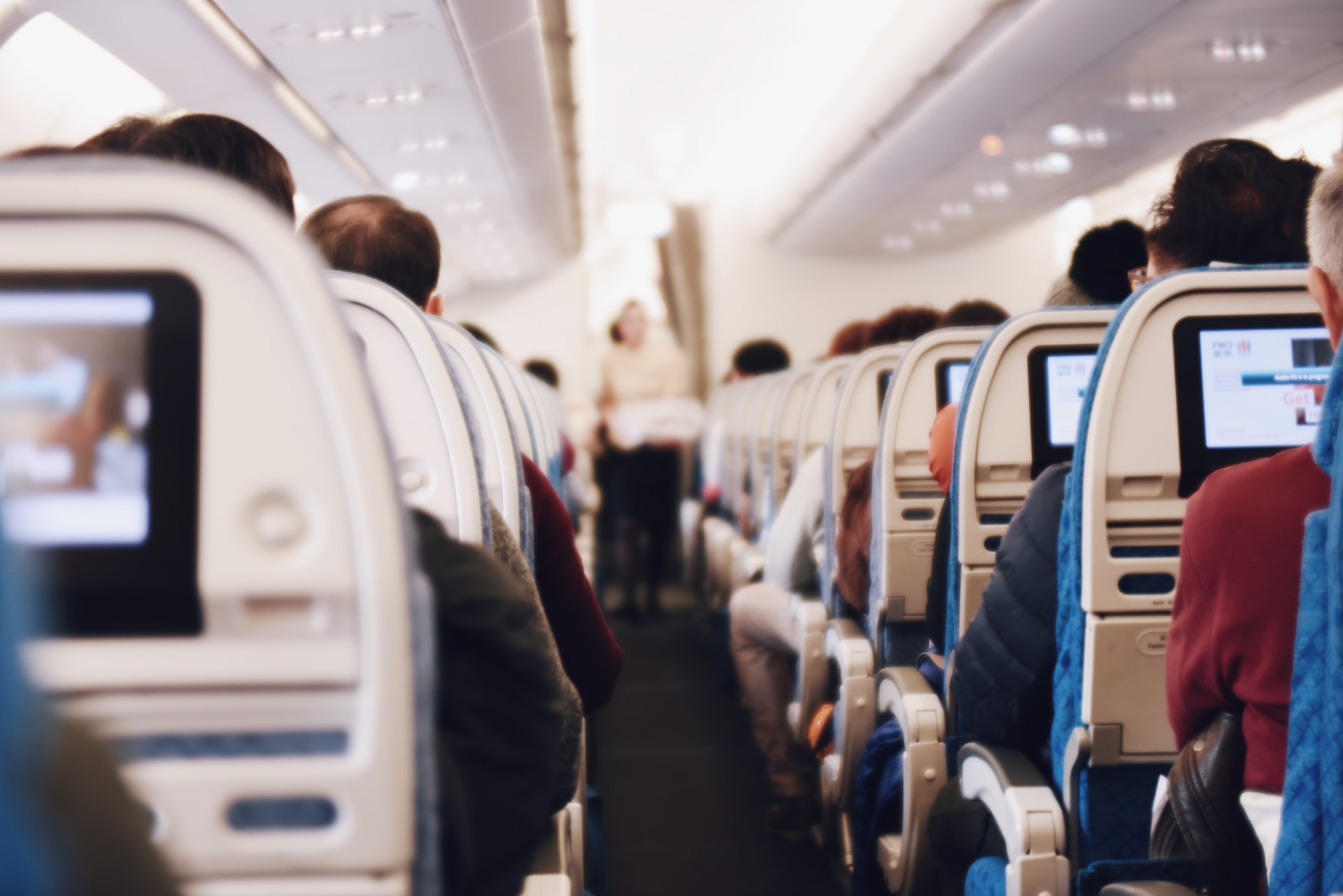People get to pick their seats when flying Southwest Airlines. There is no assigned seating. Instead, they assign you a pre-determined order in which you must board the plane. If you have a low number you board first and if you have a high number you board last.
Do not be mistaken though — the Southwest Airlines boarding process is much more than this initial lineup process.
Once you get on the plane, there is a big decision to make.
It may seem to people who have not experienced the Southwest Airlines boarding process that the decision one must make is, ‘ where do I want to sit?’ Yet for the last 1/3rd of people boarding the plan, their decision is much deeper than that. Their decision is ‘who do I want to sit by?’
See, the last 1/3rd of people boarding are destined to sit in a middle seat. The aisle and the window seats are long gone at this point. The only thing left is a sea of middle seats.
What happens next is an agonizing and rapid process of extreme stereotyping. You need to choose the two people you are going to sit between.
It’s debatable, but we may be the very worst version of ourselves at this moment.
As you’re walking down that airplane aisle, you start the scanning process. You take quick glances at first but then as you get halfway down the plane, you start stealing longer glances at potential seatmates with the realization you’ll have to make the decision very soon.
There is no turning back now.
Each person in each row is evaluated. No one is spared -you must find the most desirable people to squeeze between. We scan for age, looks, weight, race and make quick judgments about seatmate compatibility that would put even the best tinder swiper to shame.
This whole process is made more difficult because everyone who is already seated is desperately trying to look away and avoid eye contact with you in fear that you’ll choose them. This makes your stereotyping even quicker and thus more offensive (if that’s possible).
There are two ways this could end.
You could sit down between two people and have a very peaceful flight. You open your laptop or your rest your eyes and before you know it, you’ve arrived at your final destination.
The other way this could end is if you have a less than peaceful flight. You pick a seat but you didn’t catch that there was a baby sitting right behind you. This baby starts crying before the plane takes off. And, it turns out the women to your right is a mom going to visit her child at college for the first time and she just wants to talk it out. She has a lot to get off her chest.
As soon as this happens your mind rewinds. It pushes you back in time to that critical moment when you choose the seat next to the chatty mom and the baby.
You ask yourself, could it have ended differently?
You easily imagine all the other seats you could have chosen and how nice it would have felt to sit in silence. You quickly determine that, in retrospect, it’s easy to see where you went wrong. You should have chosen the middle seat a few rows up, between the older man and teenage girl. He was already curled up into his book and she would have watched movies. But now, now you are stuck with the baby and the chatty mom.
Next time, you whisper under your breath, next time you will do better.
This is the essence of regret.
And it explains why many times, it is better for the seat to be chosen for us. Imagine the same scenario with the baby and mom. But this time, the airline assigns you this seat. You do not choose it.
How do you react?
You may silently curse your bad luck. You may sigh with the resignation of someone who has a few less than peaceful hours ahead of them. But you don’t blame yourself. You don’t endlessly play back the process by which you came to sit in this seat. You don’t rewind the chain of events and imagine what would have happened had you bought the ticket 2 hours earlier or 2 hours later. Instead, you make the most of your situation. You learn to appreciate the mom for her deep love for her daughter. You lean back and offer the stressed-out mother of the crying baby your free pretzels.
By offering us the option to choose our own seat, Southwest Airlines provides us the illusion of agency. We feel in control of our decisions and yet, because the world is still random, we must admit this is only an illusion.
This freedom to “choose” our seat may actually be a burden and can cause us more headaches than we’d have otherwise, given the same circumstances.
What other places in life do we want people to choose for us (assign us a seat) and thus relieve us of this burden of choice?
— –
btw, this post could be titled: behavioral scientist uses southwest airlines boarding process as justification for paternalism 🙂
Want to learn more about choice architecture and other key principles? Join our Behavioral Economics Bootcamp.
Originally published at medium.com on March 22, 2017.
